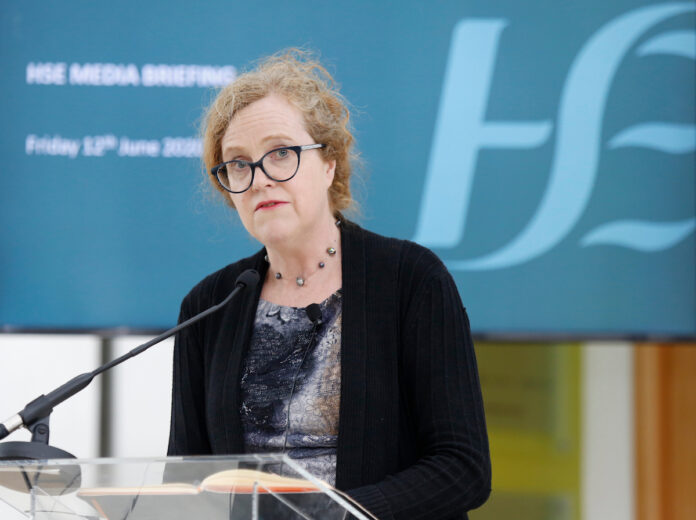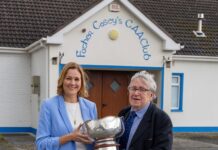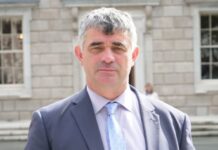
by Tom McCullough
news@limerickpost.ie
A TOP Limerick consultant is urging people to “have the conversation” with loved ones about organ donation, as the pandemic has significantly decreased organ donation and transplantation rates.
Intensive Care Consultant at University Hospital Limerick Dr Catherine Motherway, who is HSE clinical lead for organ donation, was speaking on European Day for Organ Donation and Transplantation.
The event was held last Saturday to raise awareness of organ donation and honouring donors and their families.
Last year in Ireland, 190 organ transplants were carried out, which saw 123 people receive a kidney, 37 people a liver, 16 a lung, and nine patients received a heart transplant.
However, there are still currently 650 families in Ireland waiting for transplant surgery, and organ shortage is the limiting factor in saving the lives of patients with severe organ failure.
Dr Motherway said the pandemic has significantly decreased organ donation and transplantation rates.
“Our first job is to try to save someone’s life, but in the event that we can’t, then we will offer their family the opportunity for organ donation,” she said.
“Things like road traffic accidents are often the cause of death in cases where patients can donate their organs. We saw less of that during the pandemic, so we had less offers.
The pandemic has even more so decreased our transplantation rates, because giving people immunosuppression in the face of widespread viral transmission was not without its risks.”
Dr Motherway emphasised the importance of having a conversation with your next-of-kin.
“For many families, they just never had the conversation, so then they don’t know what the person wanted,” she said.
“If they do know, I think it makes it easier.
“I’ve met families and where they have talked about it, and for them they know that they are honouring the wish of the person who has died.
The act of donation can truly help families in their loss, and is a most precious gift for our transplant patients.
“Transplantation saves and changes lives.”









